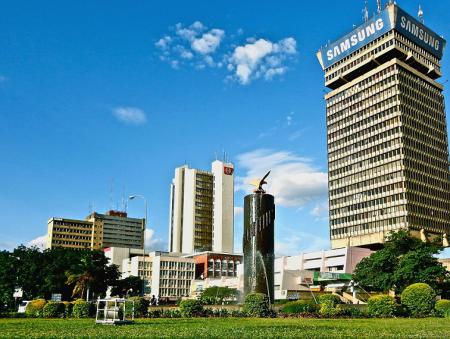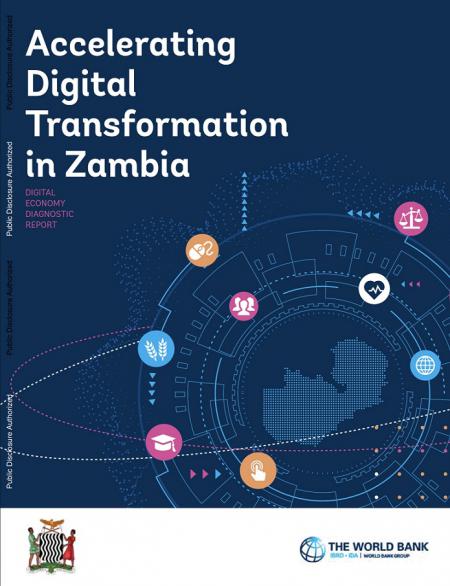Zambia Making Strides in Transforming Economy - World Bank
PRESS STATEMENT
- FOR IMMEDIATE RELEASE -
Washington D.C., Thursday, June 25, 2020 — The World Bank Group (WBG) says Zambia has made significant strides to transform its economy through use of technology and that the application of various digital platforms in national economic governance had set the country on a path to attaining its economic goals as set out in Vision 2030.
According to the World Bank report released in Washington D.C June 24 entitled “Accelerating Digital Transformation in Zambia: Digital Economy Diagnostic Report”, Zambia’s progress in digitizing national development programmes through SMART Zambia deserved commendation. The strides have since seen Zambia now rank now among the top 10 in the least developed countries category of the E-Government Development Index published by the United Nations.
The 152-page WBG report assessed Zambia’s strengths and weaknesses with respect to five pillars that together formed the foundation upon which the benefits of digital transformation could be realized. These pillars are Digital Infrastructure, Digital Skills, Digital Entrepreneurship, Digital Platforms, and Digital Financial Services.
According to the report, once these services are fully optimized, they would bring about increased efficiency in government services directed towards citizens and the business community.
“The foundation is also now in place to fully leverage digital payments in the public and private sector. This is critical today when contactless transactions and rapid transmission of funds to the vulnerable are vital to Zambia’s COVID-19 resilience.”
Noted among the many strides made with respect to digital infrastructure, all provincial centers were now linked to the fiber backbone, and the country had a state-of-the-art data center that can be leveraged for government and commercial use. International benchmarks for affordability of broadband have also been met, and the use of mobile phones had increased significantly, reaching 15.5 million mobile subscriptions in 2019, out of which 63.5 percent use broadband.
“The digital infrastructure foundation has thus been built to now focus on the use of the infrastructure, as well as on ensuring the reliability and security of the infrastructure that is in place.”
Substantial progress was also reported to have been made to digitize government salary and pension payments; gains in government-to-business and government-to-government payments; digitizing receipts from businesses and individuals while preliminary data from the digitization of government pay slips showed that transaction costs decreased by 85 percent and several “ghost” workers were identified and removed.
The report recommended that government develop a digital transformation strategy with a dual focus on meeting the 7NDP targets and improving the country’s fiscal space.
“This recommendation is closely aligned with the “doing more with less” mantra introduced by H.E. President Lungu, and it emphasizes the use of digital technology to improve (1) public sector efficiency and effectiveness, (2) private sector productivity, and (3) accountability across both the public and private sectors.”
Noting that digitization was not without risks, the report recommended that Zambia strengthen its cyber security and consumer protection measures.
The report was developed in collaboration with Cabinet Office, seven-line ministries and hundreds of representatives of the Zambian public and private sector.
Issued by:
Eric Mwanza
First Secretary – Press & Public Relations
Embassy of the Republic of Zambia
Washington D.C.
Approved by the Ministry of Foreign Affairs




